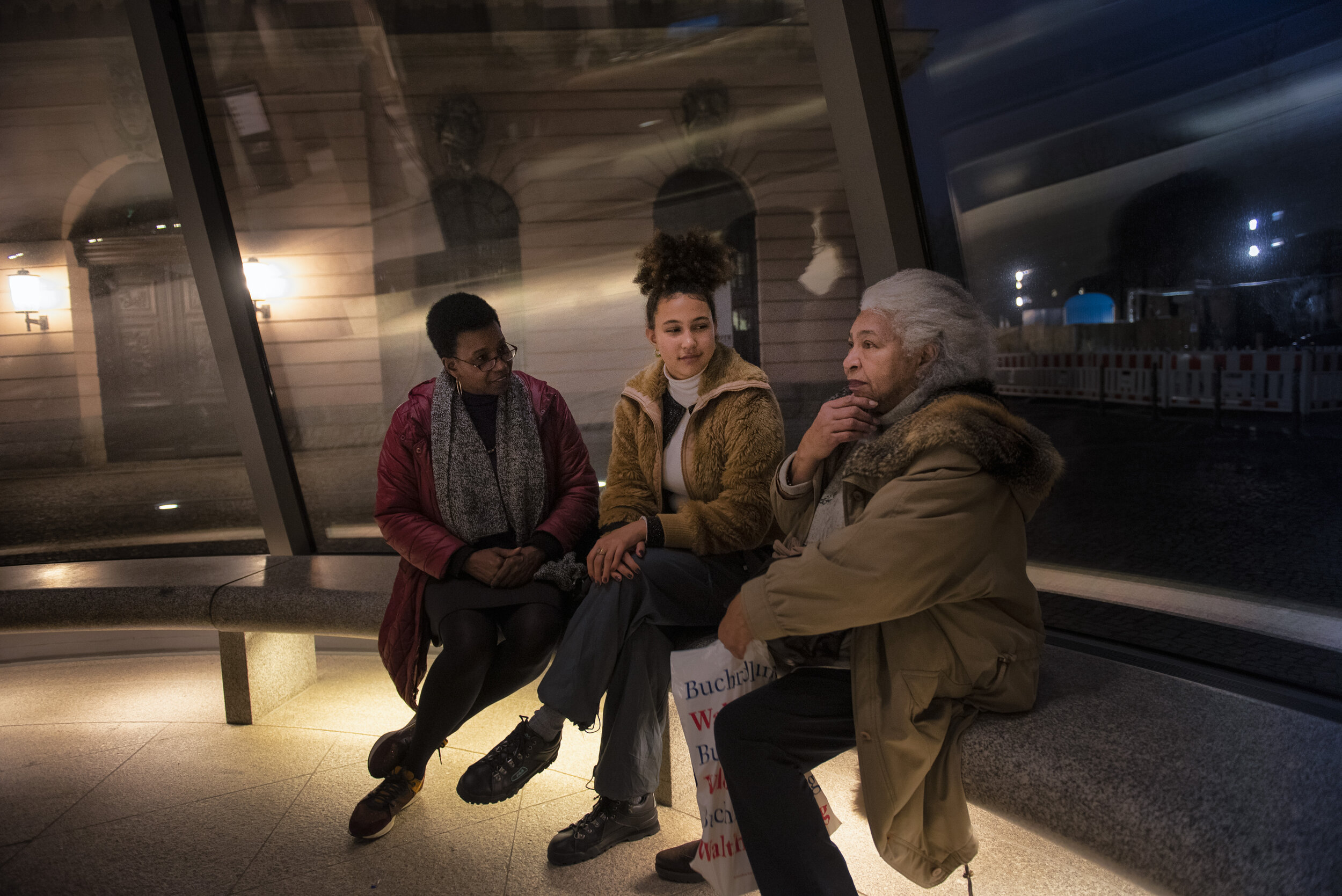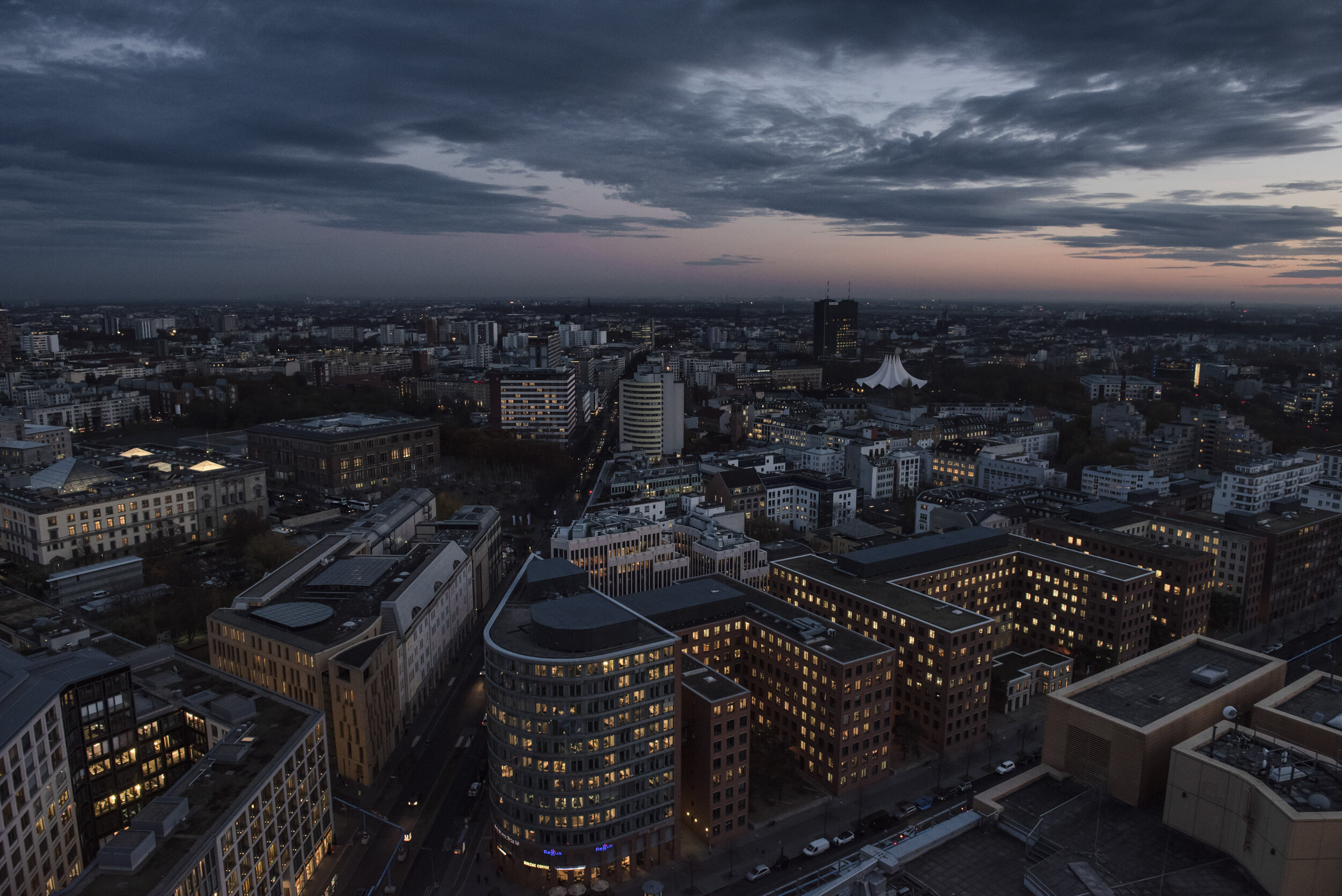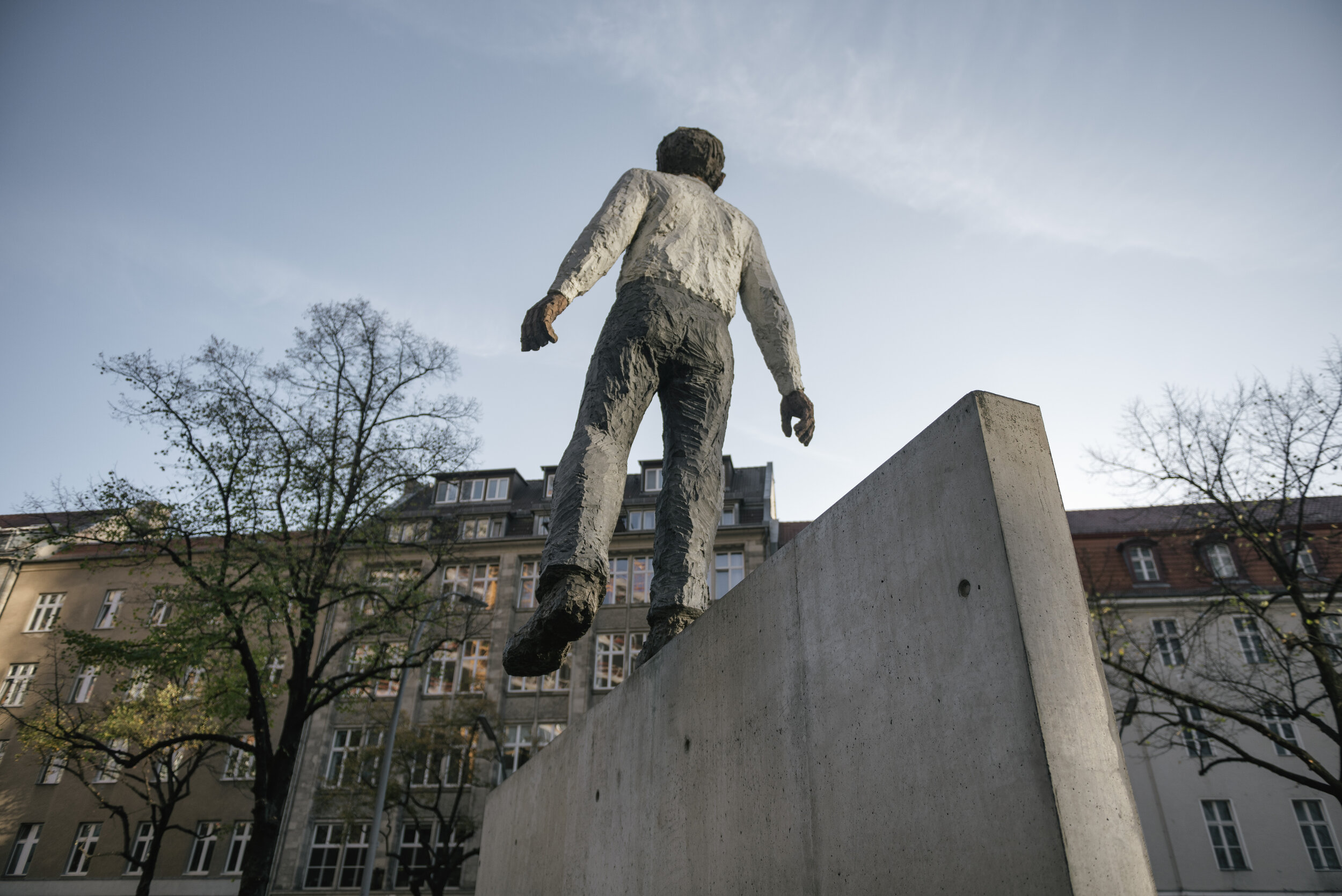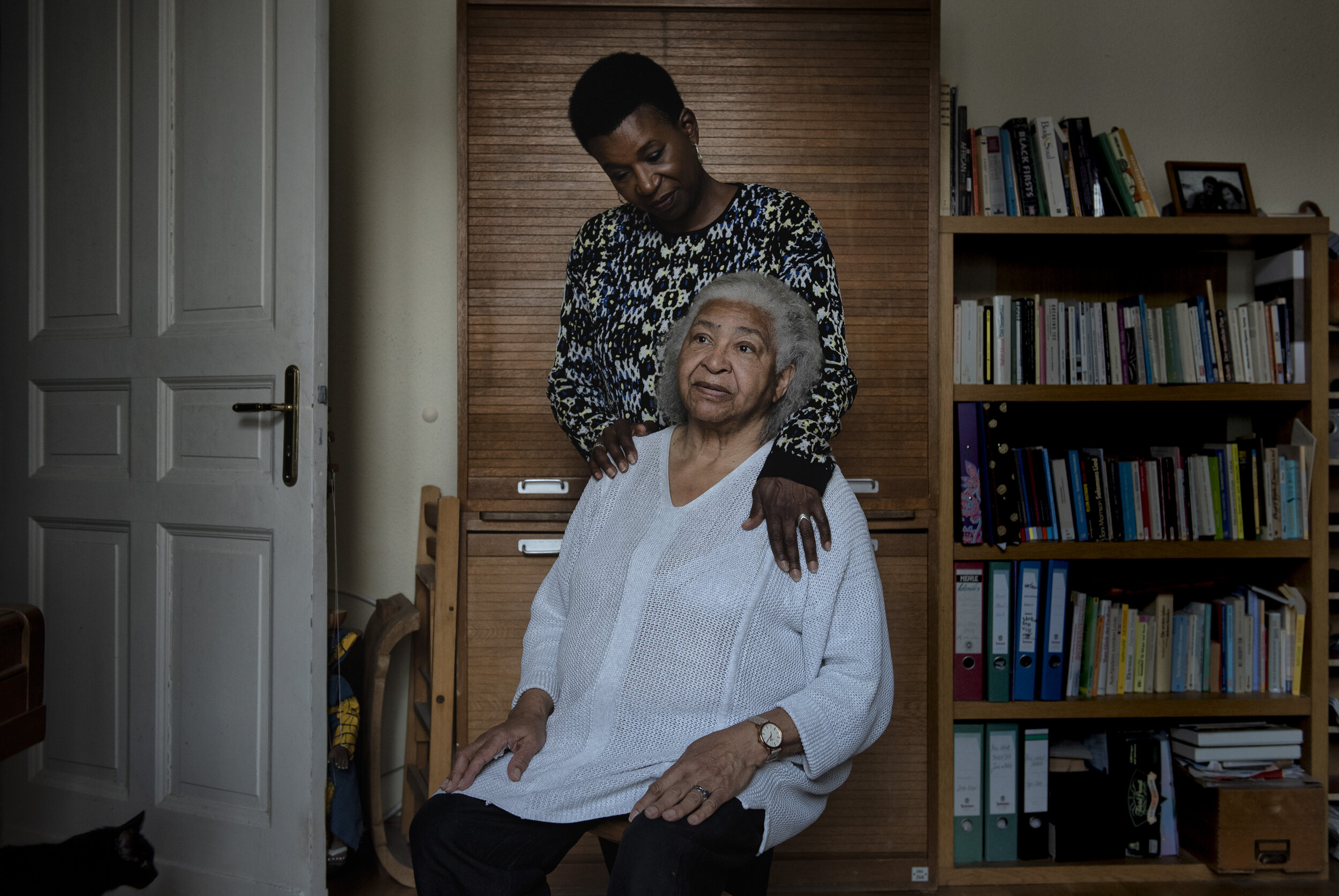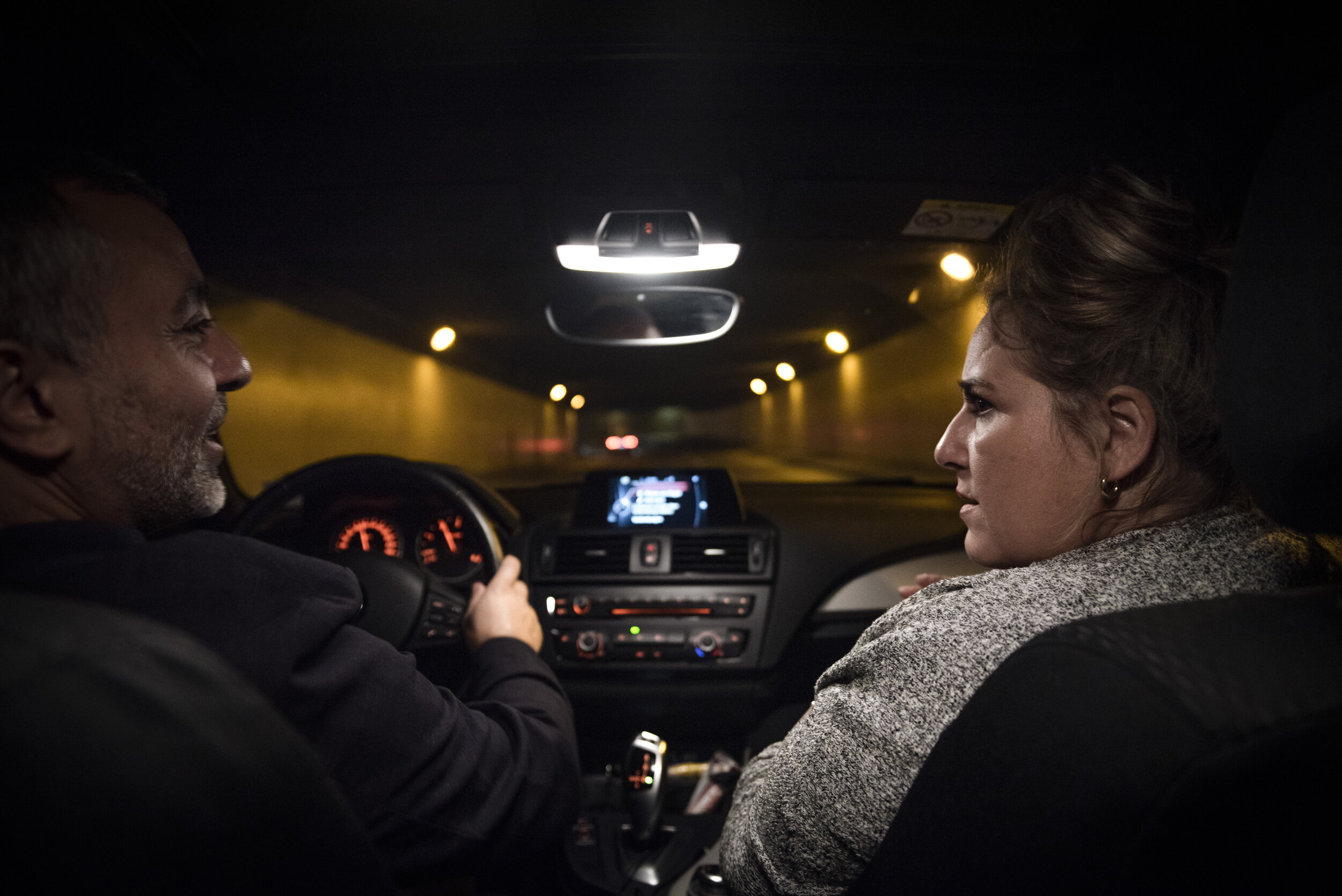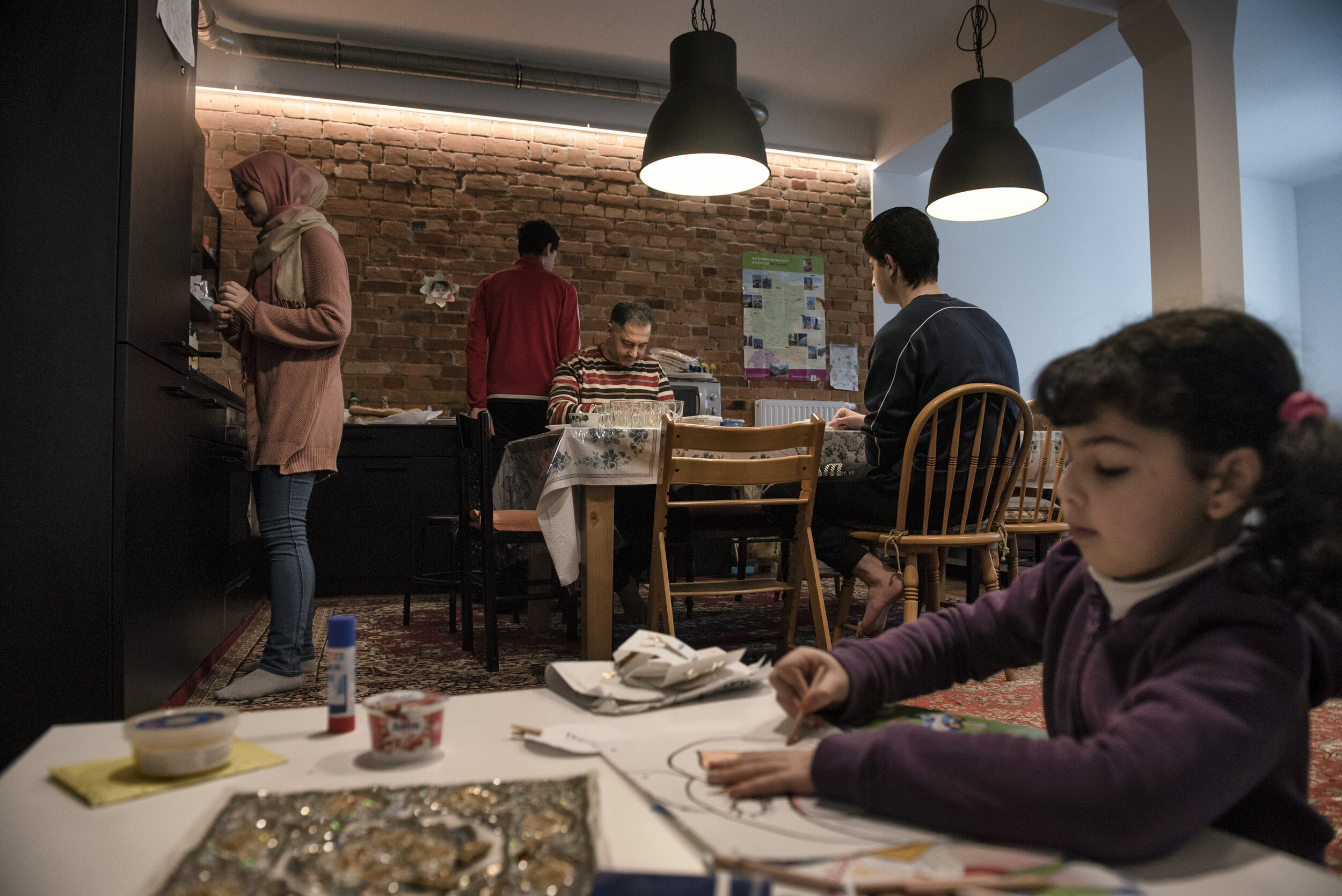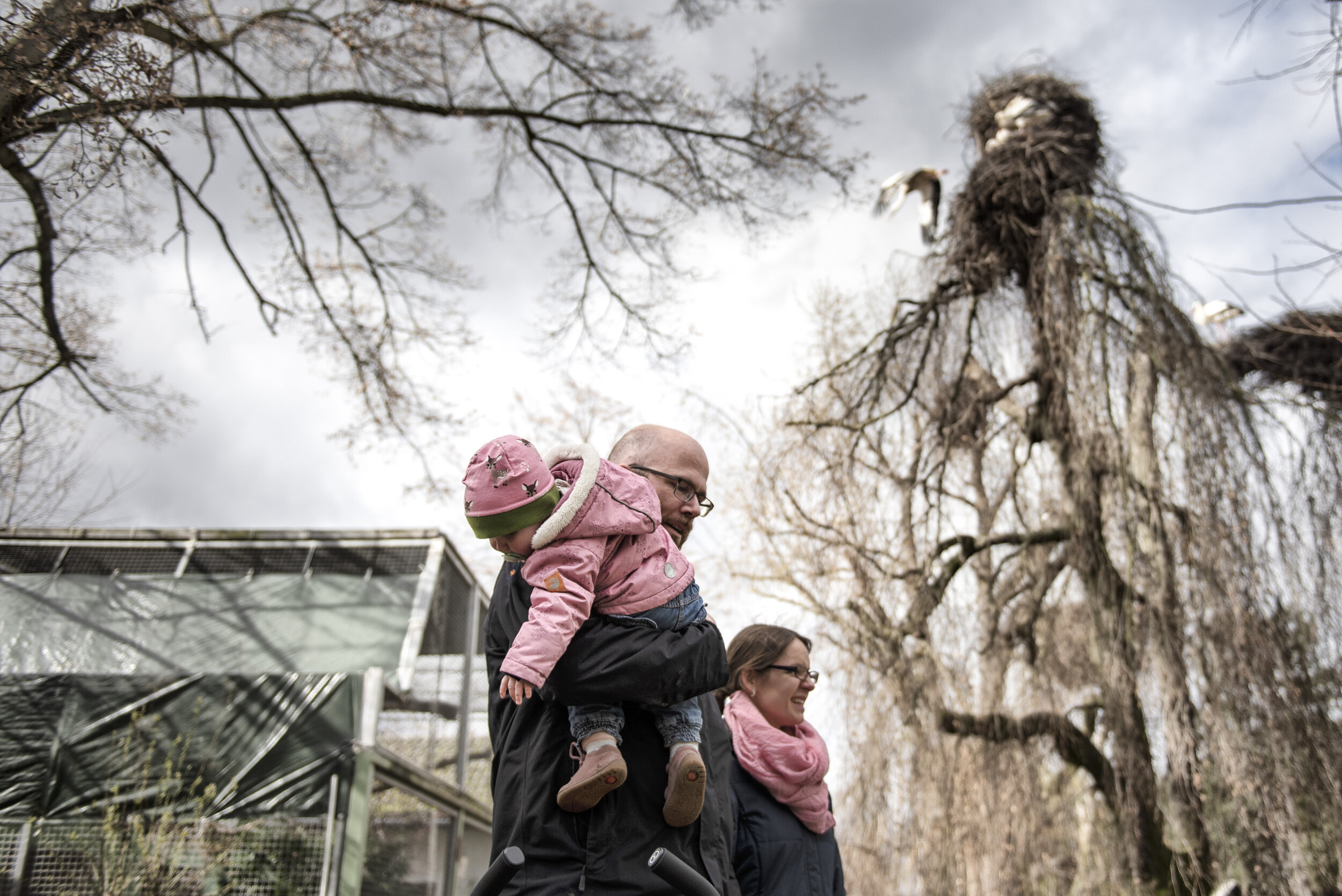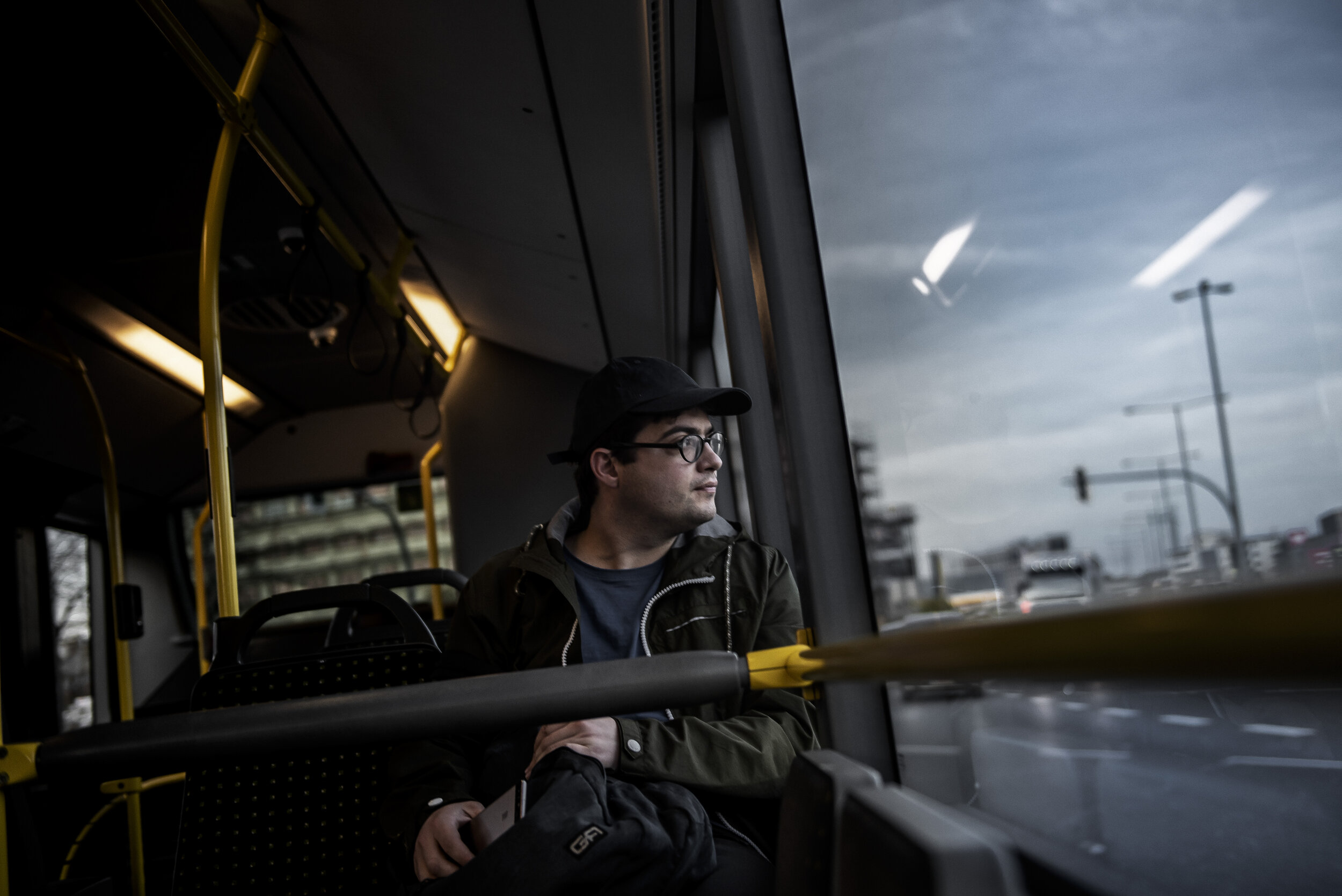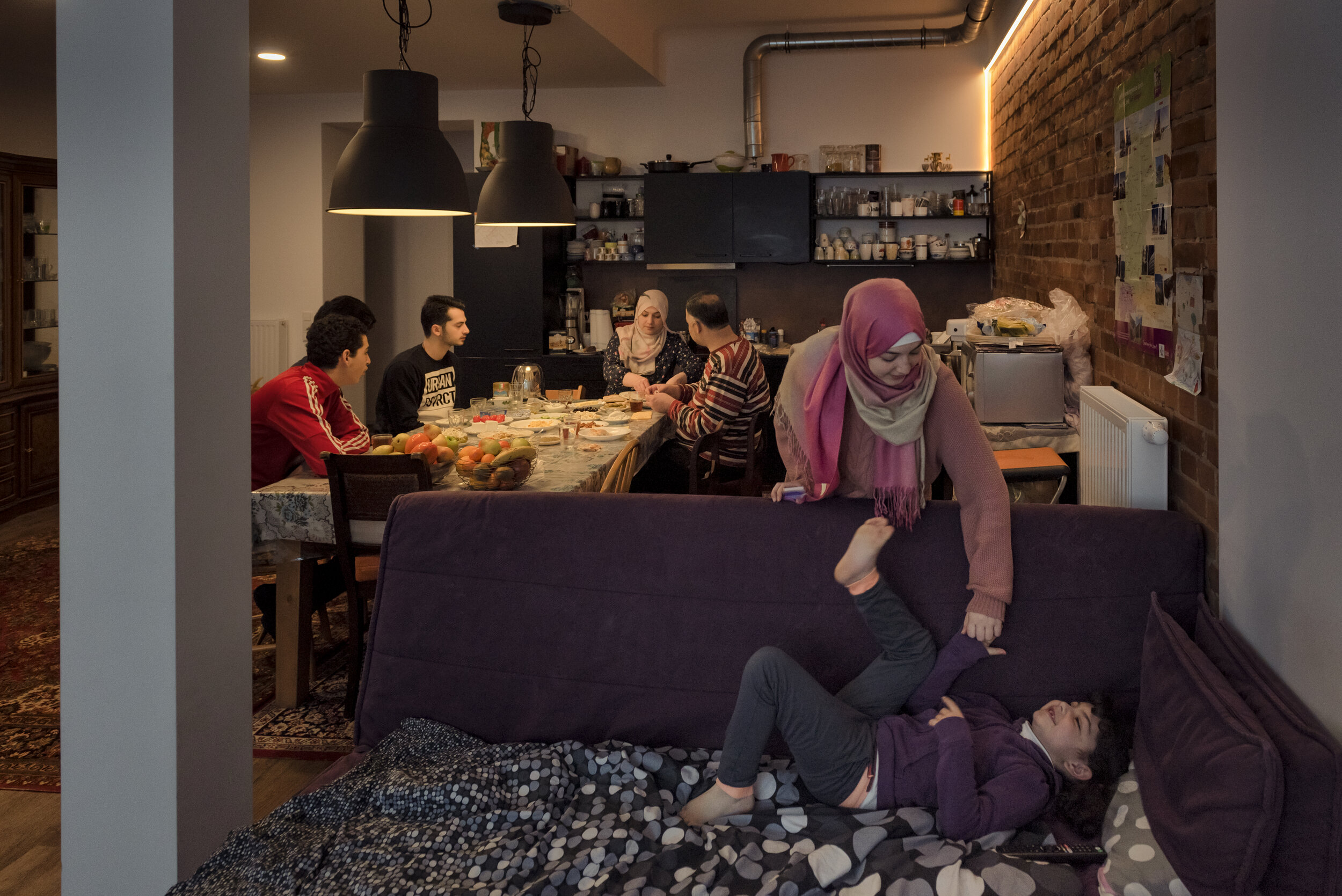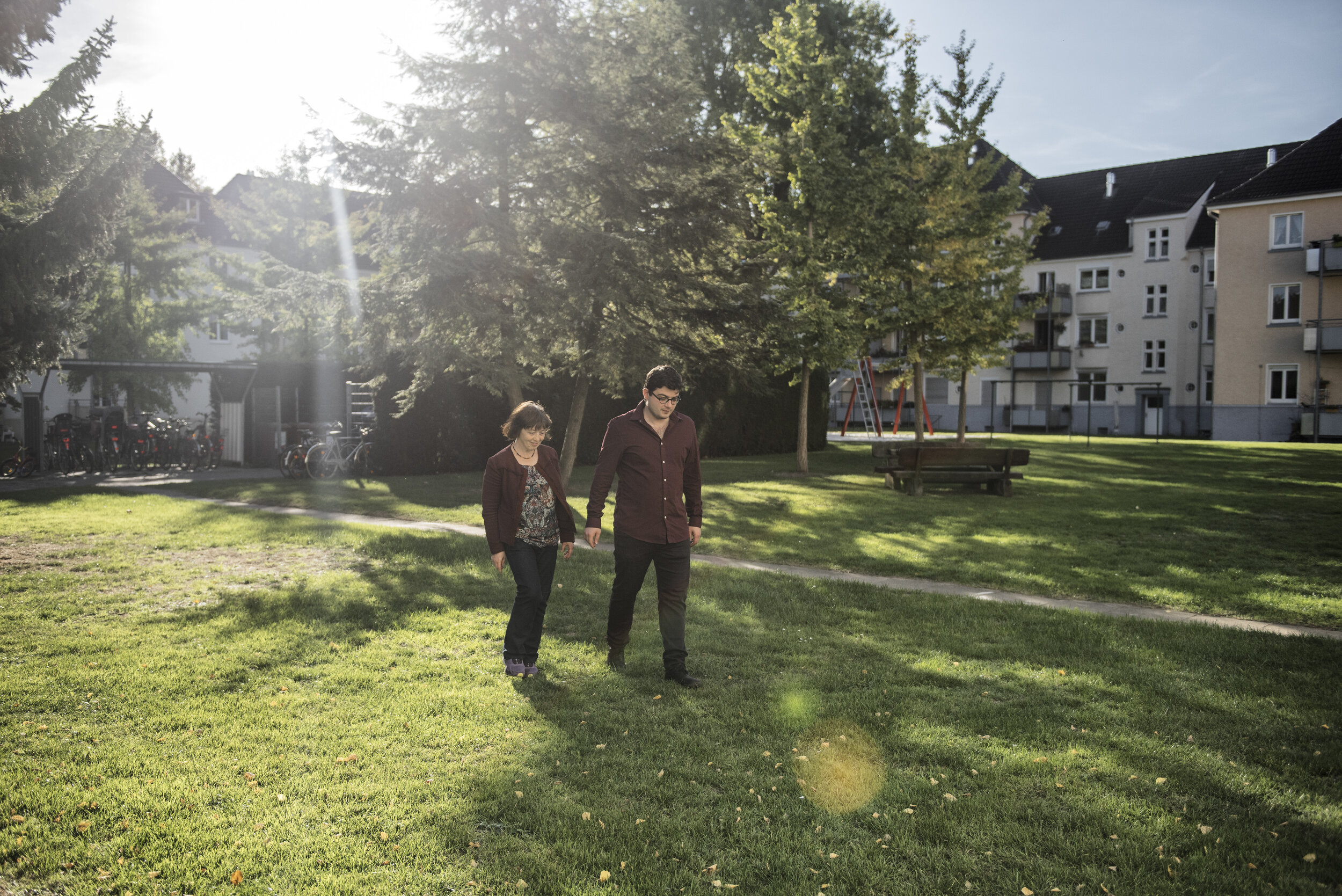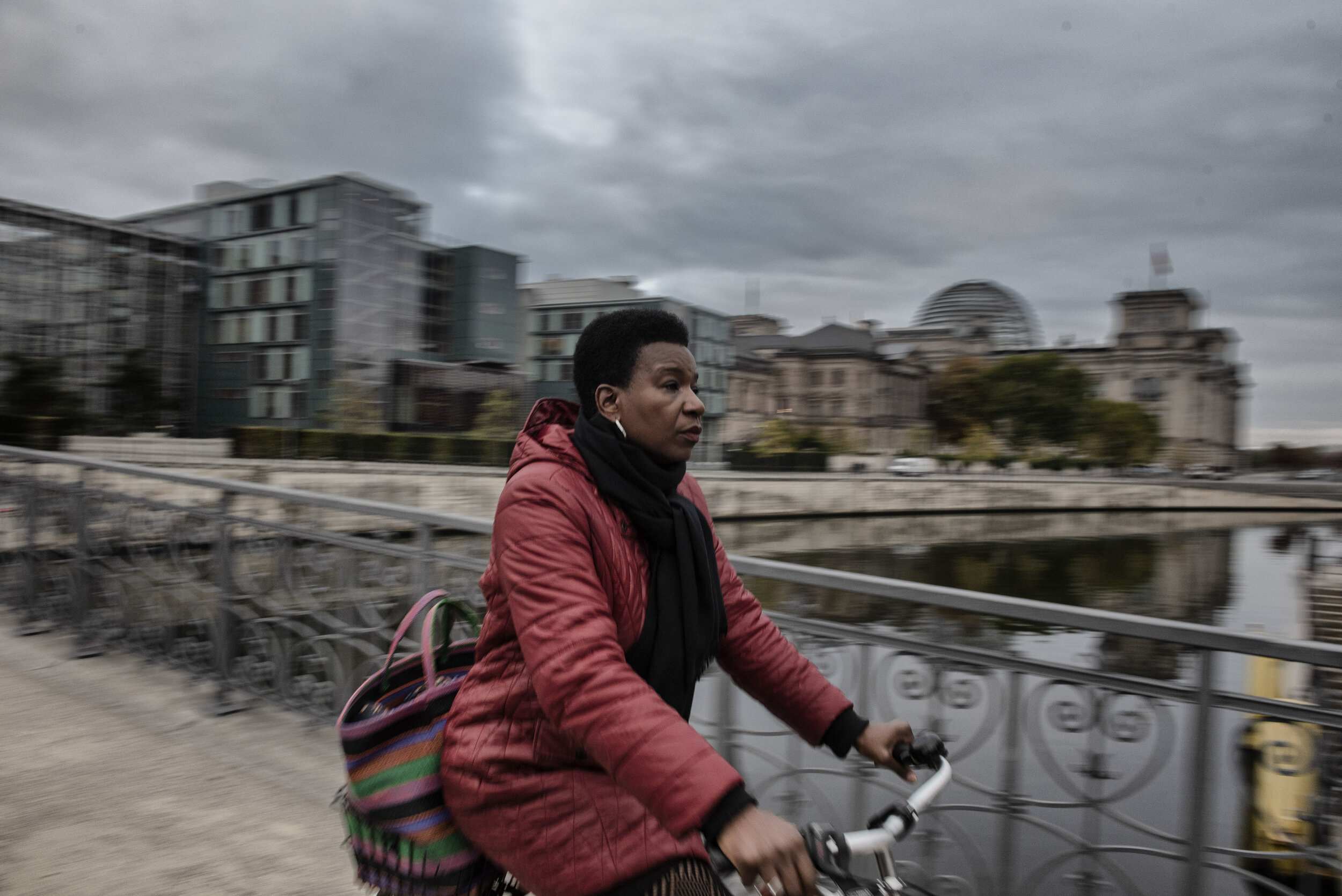Germany Has Been Unified for 30 Years. Its Identity Still Is Not.
East Germans, bio-Germans, passport Germans: In an increasingly diverse country, the legacy of a divided history has left many feeling like strangers in their own land.
Text By Katrin Bennhold, Photographs by Laetitia Vançon.

BERLIN — Abenaa Adomako remembers the night the Berlin Wall fell. Joyous and curious like so many of her fellow West Germans, she had gone to the city center to greet East Germans who were pouring across the border for a first taste of freedom.
“Welcome,” she beamed at a disoriented-looking couple in the crowd, offering them sparkling wine.
But they would not take it.
“They spat at me and called me names,” recalled Ms. Adomako, whose family has been in Germany since the 1890s. “They were the foreigners in my country. But to them, as a black woman, I was the foreigner.’’
Three decades later, as Germans mark the 30th anniversary of the fall of the Berlin Wall on Nov. 9, the question of what makes a German — who belongs and who does not — is as unsettled as ever.
The integration of East and West has in many ways been a success. Germany is an economic and political powerhouse, its reunification central to its dominant place in Europe.
But while unification fixed German borders for the first time in the country’s history, it did little to settle the neuralgic issue of German identity. Thirty years later, it seems, it has even exacerbated it.
Selected in “The Year in Pictures 2019” from the New York Times.





